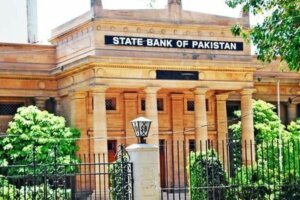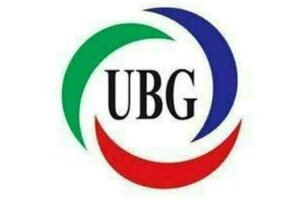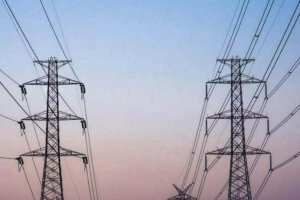ISLAMABAD: On Monday, the government introduced a new income tax scheme aimed at bringing more retailers under the tax net. However, after extensive talks with influential groups, many traders were excluded from the scheme.
Finance Minister Muhammad Aurangzeb approved this new plan, which aims to collect Rs50 billion in the fiscal year 2024-25. The Federal Board of Revenue (FBR) announced the scheme, which is part of a $7 billion International Monetary Fund (IMF) program.
The new scheme excludes retailers with shops in residential areas that are up to 100 square feet in size and those who are already registered filers. Additionally, those exempt under the Income Tax Ordinance 2001 are not required to pay under this scheme. Small shops up to 50 square feet in commercial areas, makeshift shops, and kiosks only need to pay a fixed Rs100 per month.
Traders in wholesale markets, who conduct significant business, are largely unaffected by this scheme, limiting its scope. Retailers pay much less tax compared to the salaried class, which is a major contributor to Pakistan’s tax revenue.
The government has also expanded the criteria for calculating a retailer’s tax liability to include shop location and fair market values, benefiting traders in large cities. Penalties for not registering or paying advance tax are severe, including shop closures and imprisonment.
This scheme will apply to dealers, distributors, retailers, manufacturer-cum-retailers, importer-cum-retailers, and those involved in the supply chain of goods, in 42 cities across Pakistan.
Previous attempts to tax traders have failed, but the government hopes this new scheme will be more successful. So far, about 150,000 traders have registered under the scheme. They need to pay the first advance income tax by July 31st, with small shops only paying Rs100 per month.
Those who pay the monthly tax in advance will receive a 25% tax incentive, and traders who didn’t file tax returns for 2023 but do so now will get a one-fourth rebate. Traders can also request a review of their tax assessment with the FBR, which must give them a hearing before rejecting any applications.










